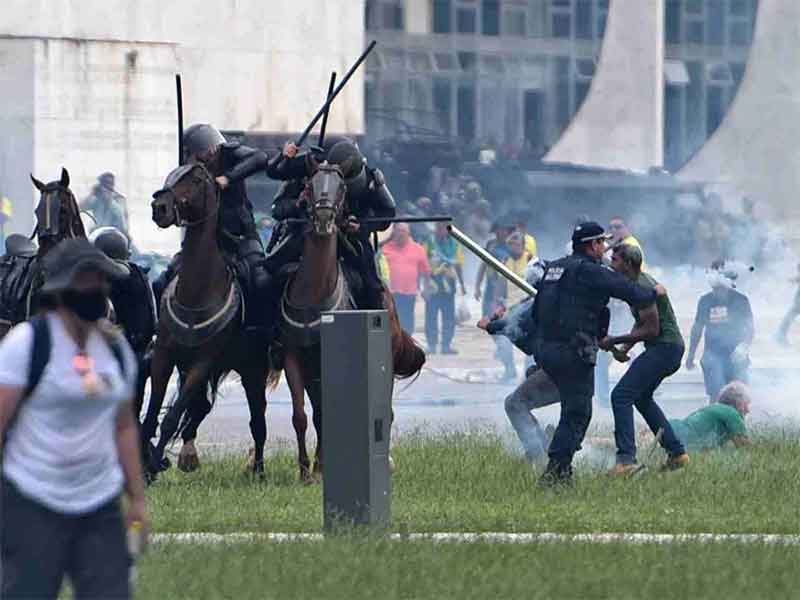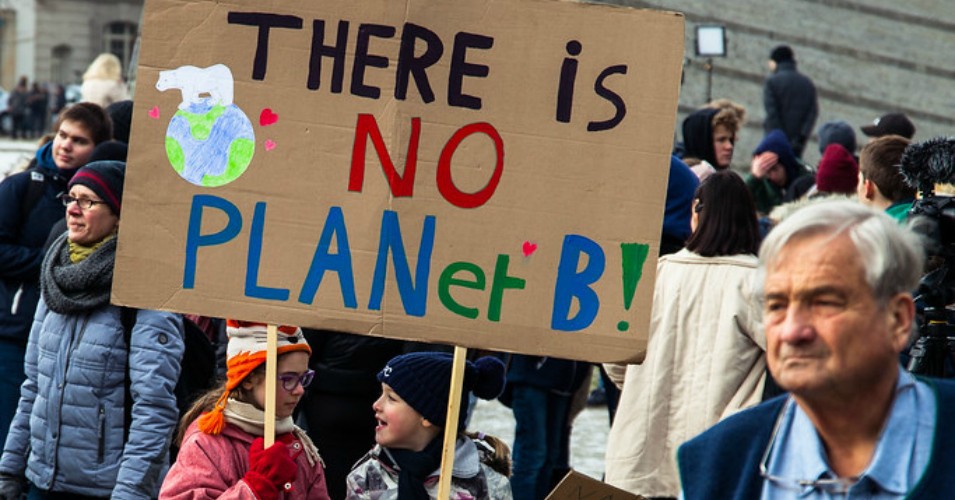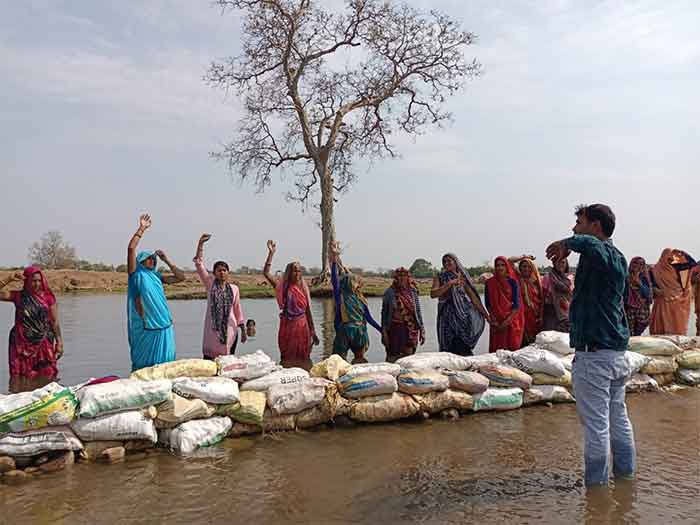
Left and democratic as well as working class forces in world suffered a big setback with the impeachment of Brazil’s President Dilma Rousseff in 2016, the imprisonment of frontline Presidential candidate Lula da Silva in 2018 and the loss of PT (Workers Party) in 2018 elections.
A recent study has confirmed widespread allegations appearing time and again in Brazil and elsewhere that the USA played an important part in these events through its highly opportunistic use of anti-corruption movement, involving also illegal actions directed against these leaders and their political party.
This study is titled ‘Anti- Corruption and Imperialist Blind Spots—the Role of the US in Brazil’s Long Coup’ and is authored by Brian Mier, Bryan Pitts, Sean T.Mitchell, Rafael Ioris and Kathy Swart . This has been published recently in Latin American Perspectives.
This study says—A comprehensive examination of the evidence available, contained in US government statements, English language media accounts and hacked telegram chats among Brazilian prosecutors indicates that the US was widely involved in the ‘long coup’ that removed the left from power in Brazil in 2016 and secured the elections for the far right in 2018.
The leading role in this was played by an anti-corruption movement called Lava Jato or Operation Car Wash. This movement was preceded by big gatherings which educated and trained potential participants in those kinds of ‘anti-corruption’ activities which could target public sector companies and political leaders and could secure international cooperation, particularly US cooperation.
Brazil had discovered new big oil deposits and this may have instigated foreign attempts to harm its public sector oil and petroleum interests, to pave the way for higher private sector role. President Rousseff’s efforts to cut private bank profits may have been another reason for targeting her. A bigger reason may have been the strong role played by the governments of Lula and later Rousseff in protecting trade interests of developing countries, as well as their refusal to toe the US line in developing relations with countries like Iran, China and Russia. The independent stand taken on Palestine may also have irked the USA. Obama’s personal dislike for Lula may have been an aggravating factor too, as also the general hostility to any left government.
As the study by Brian Mier et al tells us, in June 2019, the evidence on US interference via Lava Jato was already so strong that the PT leader in Congress, Paulo Pimenta was able to provide a dossier full of information. It included names of US prosecutors, public statements by government officials, proof of parallel meetings and events, official schedules, proof of informal violation in collaboration of national sovereignty laws and US officials in Brazil getting unrestricted knowledge of government authorities.
In 2020 Intercept journalists published Telegram communications which revealed that the Lava Jato team had repeated secret meetings with 17 (US) FBI agents bypassing national laws and regulations.
On the day that leading Presidential candidate Lula was arrested in 2018, a prominent leader of Lava Jato was heard commenting—this is a gift from the CIA.
While leading US media kept quiet about the US role in all this, the leaders of Lava Jato were given very good coverage to boost their image and present them as great heroes.
Adding up all the evidence, this study concluded, “Over the past one decade, continuing evidence has emerged that clearly demonstrates that the US government, particularly the Department of Justice, under both Obama and Trump, played a key role in supporting Lava Jato’s politically motivated witch-hunt against the PT.”
Further this study states, “The US has long used invasions, insurgencies and economic blockades to advance its interests in Latin America. Today it has added the tool of anticorruption to its arsenal.”
All this is deeply disturbing. Firstly, this shows that the US has not lost any of its willingness to illegally oust those democratically elected governments which have been much appreciated for their role in reducing poverty and injustice. The PT government had big contributions in reducing poverty and inequalities, but these gains were rapidly rolled back within a few years of their ouster (now of course PT and Lula are back), with the income share going to the bottom 50% diminishing significantly and the income share going to the top 1% getting boosted in a big way. What should serve as a lesson to other developing countries is how the USA operatives (using local collaborators) could achieve a government change and the imprisonment of highly popular leaders of the ruling party even in a leading country. The legal and other aspects of anti-corruption international agreements were used to strengthen this capacity and this study quotes documents regarding use of anti-corruption movements to destabilize US competitors and enemies.
Another very disturbing aspect is how a very opportunistic use was made of the anti-corruption rhetoric in a way that good leaders were turned into targets for corrupt practices while racketeers got celebrated as heroes. Thus while opposing corruption in sincere and honest ways must be a very important aspect of any democracy, caution should be exercised clearly regarding opportunistic used of any anti-corruption movements. In India we have seen how at times suddenly corruption rhetoric goes up just by whipping up emotions of people on opportunistic demands. Thus at one stage the entire country appeared to be thinking that the most important issue in world is to set up Lokpal but as soon the government changed this issue was entirely forgotten with hardly anyone talking about this. What is more the specific corruption allegations that were raised to embarrass the UPA government were found to be largely false. This raises a disturbing question—while there may be no change in the level of corruption (which I believe is always at a relatively high level in India), public perceptions about its increase or decrease can change drastically depending on what kind of campaign is conducted and by whom this is financed.
Of course this does not mean that the struggle against corruption is not important; this only means that the struggle against corruption which is very important should be a continuing commitment (not sudden boom or burst). Secondly, care should be taken to ensure that the movement against corruption is itself free of corruption!
Bharat Dogra is Honorary Convener, Campaign to Save Earth Now. His recent books include Planet in Peril, Protecting Earth for Children and A Day in 2071.
















































